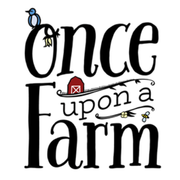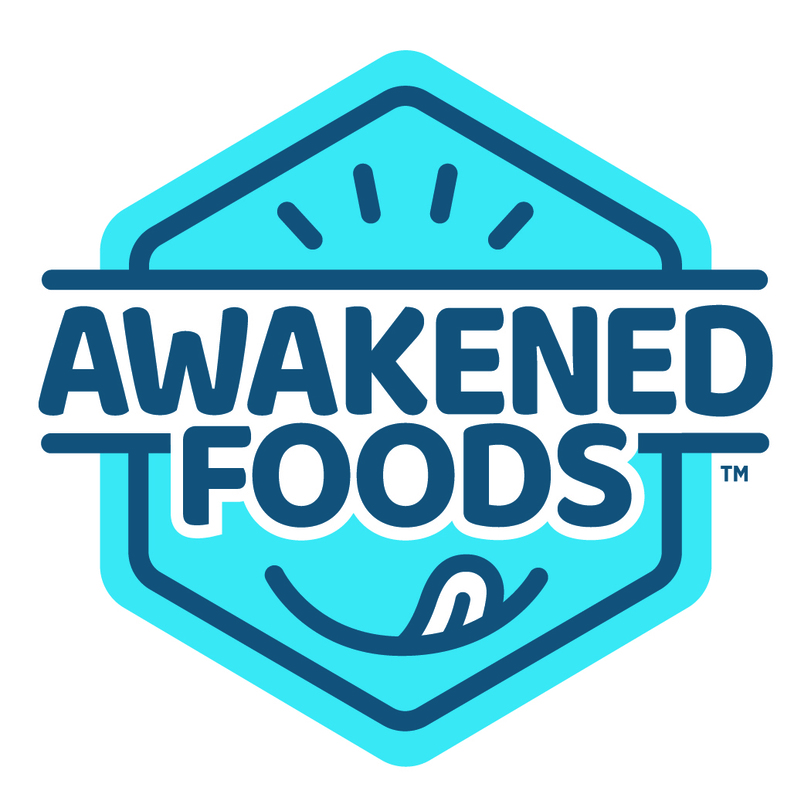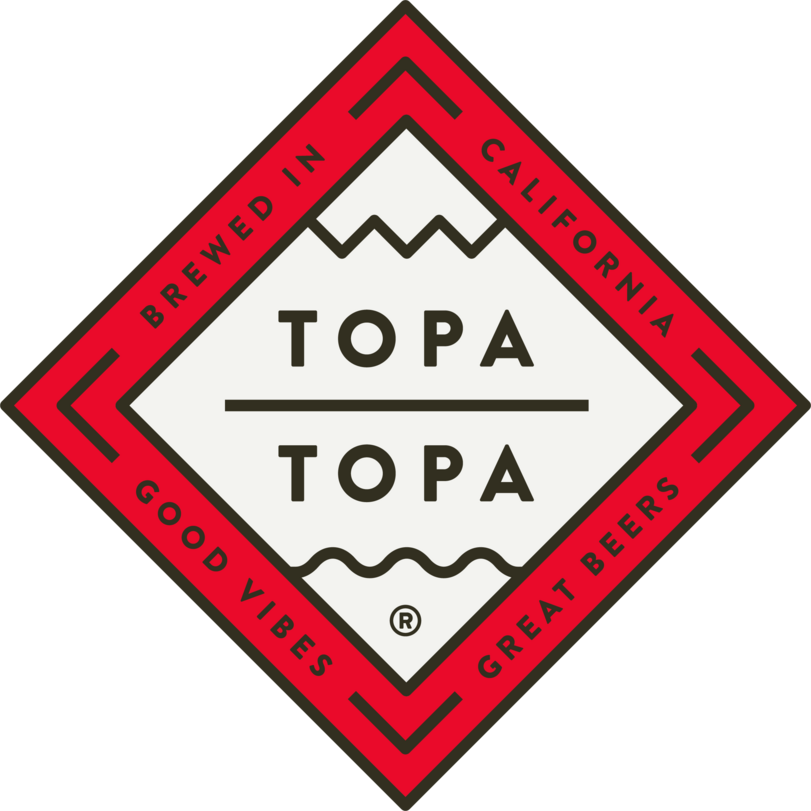Once Upon a Farm Raises $52M, Nears $100M Run Rate & Profitability
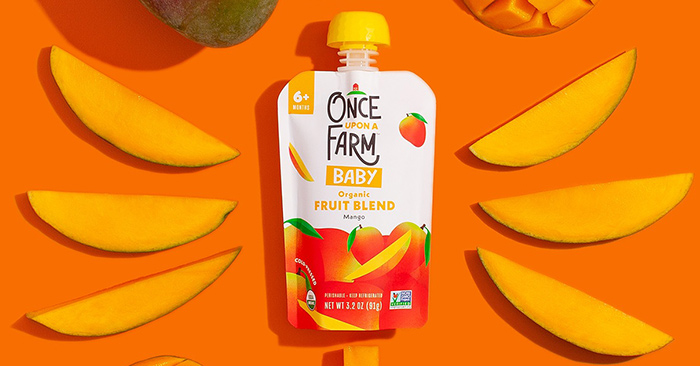
Children’s fresh food brand Once Upon a Farm (OUAF) announced today it has raised an additional $52 million in funding. In an exclusive interview with NOSH, CEO John Foraker said that the capital should carry the brand through to profitability, and allow it to aggressively pursue innovation and customer acquisition.
“[This funding] is basically to support growth over the next three to five years. And to put us in a position where we’ve got a really big war chest to be opportunistic, both to go after growth opportunities, and to expand the business in places where we see significant opportunity,” CEO and co-founder John Foraker said. “In the categories that we’re transforming, we want to make sure we’re in a position to double down on that and lead.”
The round was backed by existing investors, led by CAVU Venture Partners with S2G Ventures, Beechwood Capital and Cambridge SPG also taking part. In total, OUAF has raised roughly $100 million since its inception in 2015, Foraker said, adding that the round should offer the brand a three to five year runway and may be its final raise. The company is not yet profitable, which Foraker attributed to its decision to heavily reinvest capital into the business rather than any business challenges.
The brand, which was co-founded by actress and Save the Children’s ambassador Jennifer Garner, currently sells its fruit and vegetable kids pouches, overnight oat pouches, baby food pouches and frozen baby meals in 11,000 stores nationwide.
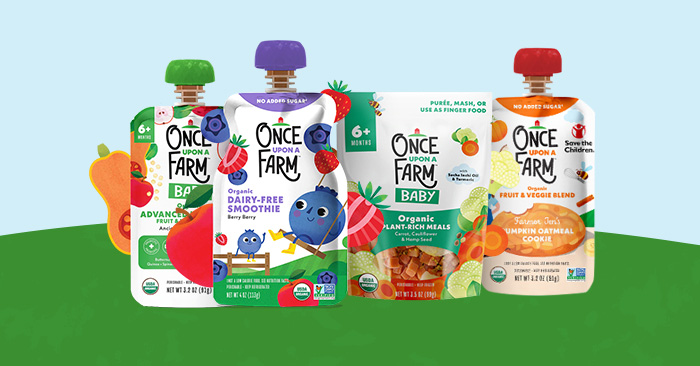
OUAF has had a triple digit compound annual growth rate since 2017 and plans to be in roughly 22,000 stores by end of year with over a $100M run rate in “relatively soon,” Foraker said. While much of the raise will go into top-line marketing, growth and new distribution, he added, the company has also prioritized the development of an operating model and margin structure that will take the company to profitability in the near term.
Founded as a baby food pouch brand, OUAF has since expanded its focus to reach a wider range of children. Still, there’s even more opportunity to age the brand up further, and move out of its traditional pouch format, a move Foraker says may be coming in the near future. However, one such attempt already did not pan out for the brand; the bottled smoothie line it launched at the end of 2019 was discontinued after just a few months on the market.
“We’ve learned a lot of lessons about what our consumers are looking for, what their taste expectations relative to nutrition expectations and overall value are and we haven’t been perfect by any means,” Foraker said. “[But] we think that the opportunity to take the brand into other places and serve the same consumer is pretty significant…the things that we’ve done over the last four or five years, there’s nothing particularly genius about it, I think it’s just that we’ve listened to our consumer.”
The company acquired frozen food brand Raised Real last year, subsequently rebranding those meals under the Once Upon a Farm moniker. While Foraker isn’t ruling out other acquisitions, he believes the majority of its product efforts will come from within.
The company has also stepped up efforts in relation to its core mission of helping children and families have better access to quality food and plan to continue investing into this goal. After previously launching the first fresh baby food approved under the federally funded program WIC (Women, Infants and Children) program, in the last ten months the company has also shifted from an LLC to a Public Benefit Corporation (PBC) and received the new First 1,000 Day Promise Certification, a designation created by the Clean Label Project to highlight baby food brands that adhering to stricter, European standards.
When asked about an end game for the brand, Foraker said he could imagine a strategic acquisition by a large food company, but he’s also not ruling out the possibility of an IPO — both of which he experienced while running Annie’s, which went public and then was acquired by General Mills. While he was more reserved at Annie’s in terms of growth, Foraker said, he’s learned to be more aggressive in order to get ahead of the market and bigger competitors in particular.
“I was just too careful and a little too conservative in terms of where we made our investments in consumer acquisition and in channels and things like that. When I came over here, I was like, ‘I’m not going to make that mistake again,’” Foraker said. “We’re going to face big CPG competition at some point, right? There’s no way we can get to the size we are at today, or where we’re going to be, and not face that. So we want to accelerate and get as far ahead as we possibly can.”
